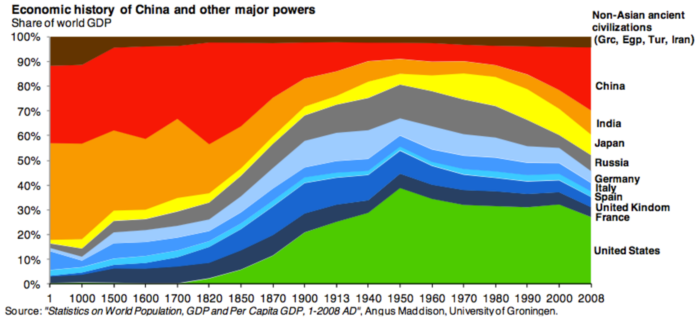Saving money is a daunting task for many people. Whether it seems like you need all your funds to cover regular expenses or you struggle with resisting the urge to spend your extra cash, you’re not alone. The U.S. personal savings rate has generally fallen since its pandemic-era highs. However, now is the perfect time to focus on padding your savings for unexpected expenses. The good news is that saving really does not need to be painful. If you’re going into this year looking for more ways to save, keep reading for 10 practical tips.
Leaving a Legacy: Sharing Financial Lessons with Your Grandchildren
You’re probably familiar with the saying, "If you give a man a fish, you feed him for a day; but if you teach a man to fish, you feed him for a lifetime." This is how you should approach leaving a legacy for your grandchildren.
The new year is a time for fresh starts, but by the end of January, many people struggle to stick with their resolutions – especially financial ones. Whether working on saving for a big purchase or planning for long-term security, having clear, actionable financial goals is key to staying on track. Here are the basics behind setting goals and making them last.
Do you remember those resolutions you made not that long ago? It’s okay if you answered “no.” An estimated 80% of people fail to keep their New Year’s resolutions by February. If you’re one of the rare few who have been keeping up with yours until now, that’s very impressive. The majority break theirs within just a matter of days.
It’s one of the hardest jobs you will ever do, and you may never actually get any true credit for it: single parenting. Since the 1960s, there has been a clear jump in the number of children living in a single-parent home. According to the United States Census Bureau, between 1960 and 2016, the amount of children living in with two parents decreased from 88% to 69%. It is reported that this was caused by an increase of births to unmarried women and an increase in divorces among couples. In 2010 alone, 40.7% of all births in the U.S. were to unmarried women. The latest Census data shows that approximately 26% of children live in single-parent households today.
Why Diversified Portfolios Should Be Invested Abroad
If you want to see global economic history in a single colorful graph, keep reading. The following was produced by The Atlantic magazine and it shows the share of global GDP for various countries from the year 1 AD to 2008 AD.
Broadly diversified portfolios structured within prudent risk parameters just do not seem to be making any money these days. The stock market has been seesawing up and down wildly all year long, but finishing right where it starts. Currency fluctuations are wiping out otherwise positive international investment returns, and bonds, if anything, are showing negative total returns due to concerns about the Federal Reserve raising interest rates.
It’s a little-know fact that the SEC allows mutual funds to spend a portion of investor assets on marketing and distribution. Wall Street’s self-regulator, FINRA, limits that spending to a whopping 0.75% of a fund’s average net assets a year.
Patience, the act of resisting compulsive reaction to emotion-provoking stimuli, is what separates serious investors from capricious speculators. – Jay Hutchins, 2015
In the 1954 Alfred Hitchcock movie Rear Window, Jimmy Stewart plays a famous photographer laid up with a broken leg, aided by a visiting nurse named Stella, played by Thelma Ritter. In a scene apropos of what we'll be hearing from a few stock market mavens in the coming weeks, Stella boasts to Stewart’s character, “You heard of that market crash in ’29? I predicted that.” To which Stewart’s character inquires curtly, “Oh, just how did you do that, Stella?” “Oh, simple, explains Stella, “I was nursing a director of General Motors. Kidney ailment, they said. Nerves, I says. And I asked myself, “What’s General Motors got to be nervous about?” Overproduction, I says; collapse. When General Motors has to go to the bathroom ten times a day, the whole country’s ready to let go.”
.png)
.png?width=440&height=102&name=Wealth%20Conservatory%20Logo%20(1).png)








